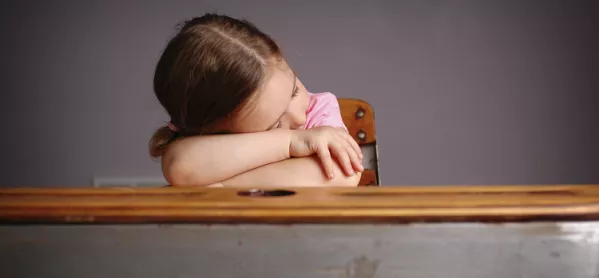I recently lost a close family friend through cancer. That person had a young child who has now been left without their Mum. It is heartbreaking. Unfortunately, it is also a situation I see too frequently as a school social worker: each week I work with a number of children and young people who have lost parents or relatives.
Whether you are a teacher or a social worker, child bereavement is one of the toughest things you have to deal with. Developing emotional resilience is a key part of both roles, but I admit that sometimes this can be challenging, especially when the issues the child or young person are experiencing are being reflected in your own personal life.
It helps to be able to help. When I work with children who have experienced loss, we work together through the feelings and emotions they are experiencing. Moving with them closely through the stages of grief - the shock, the searching for answers, the despair - before eventually beginning to move forward into recovery, is immensely demanding but it can be very rewarding, too. You hope that the child will go on to have a happy and positive future, but I am not naive enough to believe that it is always that simple.
My advice to teachers in this situation is always the same: no matter how tempting it is to do otherwise, maintain distance and avoid becoming too emotionally involved. That does not mean you should not care, but it is important that the child feels supported and has someone who shows understanding and empathy while maintaining professionalism.
I also tell them to look after themselves. It is essential that teachers are aware of their own wellbeing when supporting students who have lost family members. When my friend died, I struggled. I found each case made me think of my friend’s child, about how they must be feeling, and I struggled to keep my emotions in check. It also made me think again about teachers who do not have the benefit of the training I have been through. I want to urge teaching professionals to be aware that supporting a student who has experienced loss can impact upon everything you do. If we want to help, we need to ensure we are helping ourselves, too.
All names and some details of the story have been changed to protect the identities of those involved. Other blogs in this series can be found in the related links below.
Want to keep up with the latest education news and opinion? Follow TES on Twitter and like TES on Facebook




